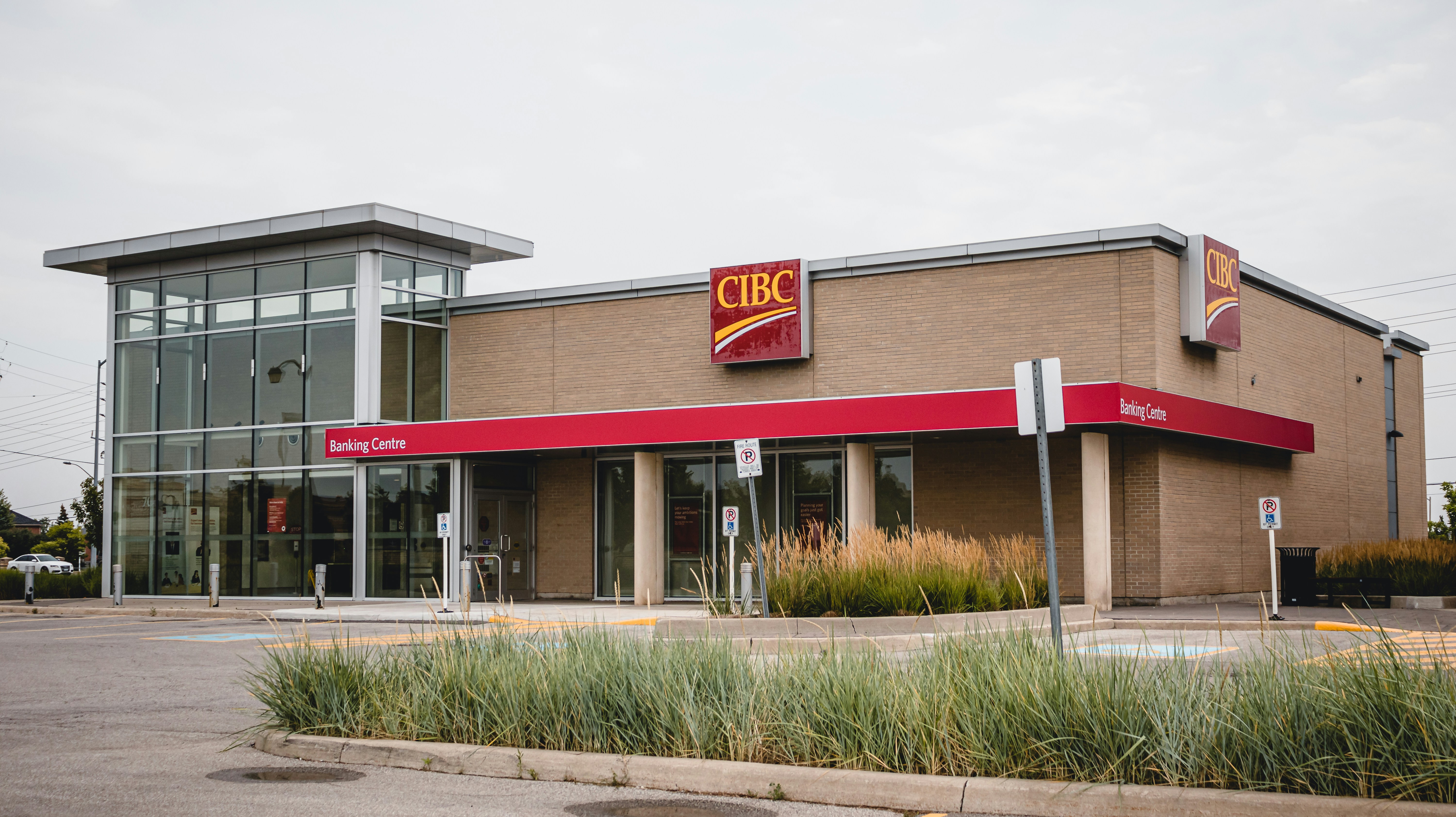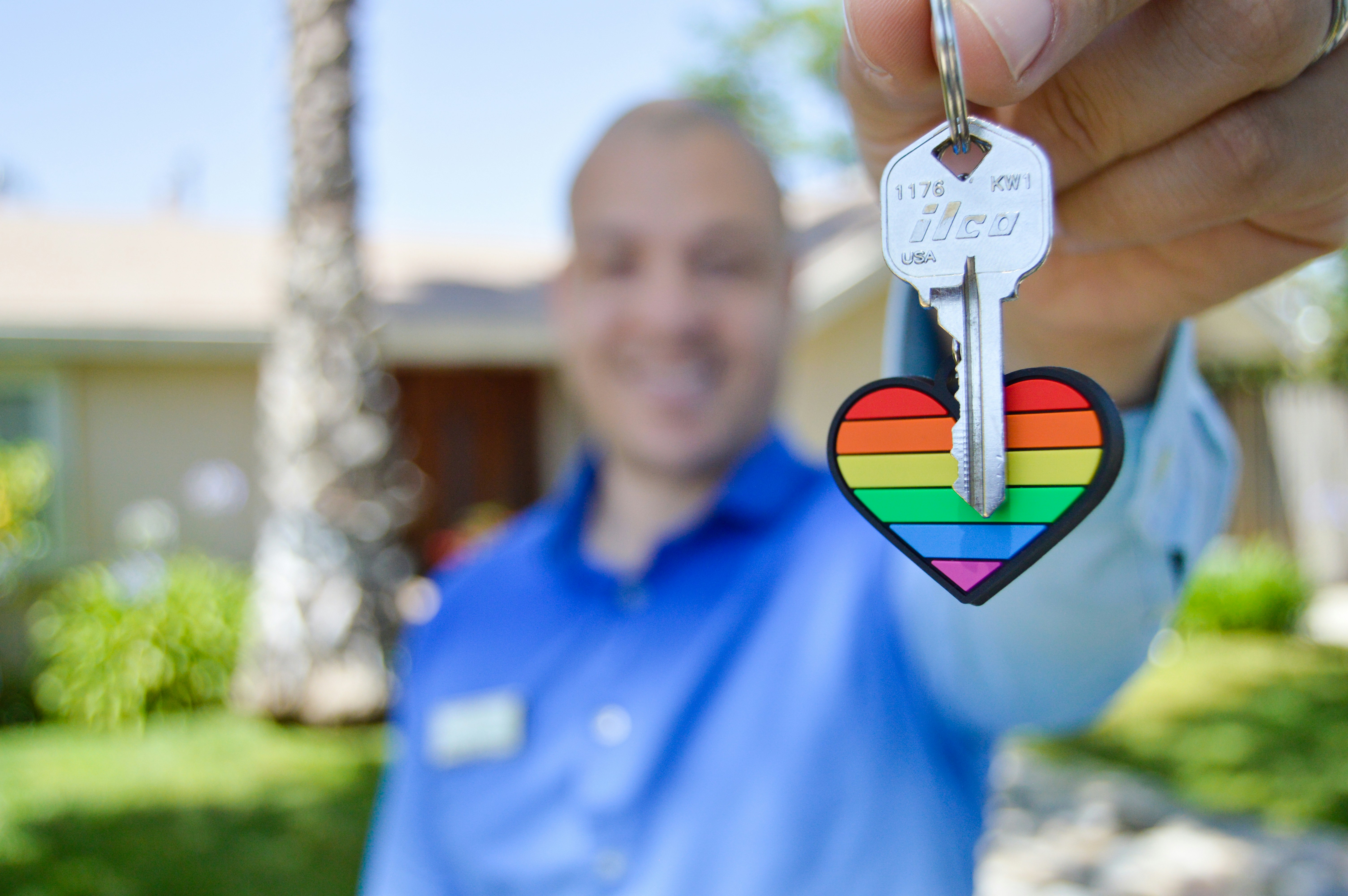

As the demand for housing continues to climb, understanding the dynamics of property management in this burgeoning market is crucial for stakeholders aiming to maximize their investments.
One notable trend in Hobart's property management scene is the shift towards digital platforms. With technology playing an increasingly pivotal role in everyday transactions, many property managers have adopted online systems for everything from rent collection to maintenance requests. This not only streamlines operations but also enhances communication between property owners and tenants, ensuring timely resolution of issues and fostering a sense of community within rental properties.
Another critical aspect influencing Hobart's real estate market is government regulation. In recent years, there have been efforts to introduce policies aimed at stabilizing rental prices and protecting tenant rights amidst rising demand. Property managers must navigate these regulations carefully to maintain compliance while optimizing returns for landlords.
A property manager's responsibilities are diverse and often complex. They must ensure that properties remain in good condition by coordinating regular maintenance checks and repairs. Additionally, they manage tenant relations by addressing complaints or issues promptly while also enforcing lease terms. Financial duties also play a significant role; this includes budgeting for property expenses, collecting rent payments on time, and preparing financial reports for the owner.
Effective property management fosters positive tenant relationships which can significantly enhance tenant retention rates. Happy tenants are more likely to renew leases, reducing turnover and vacancy periods that can be costly for property owners. By maintaining open lines of communication and ensuring timely responses to concerns or requests, property managers create a harmonious living or working environment that benefits both tenants and owners alike.
Navigating the complex web of local housing laws and regulations is another critical aspect of property management. Managers must ensure properties comply with safety standards, zoning laws, fair housing regulations, and other legal requirements. Staying informed about legislative changes helps avoid potential legal disputes or fines which could negatively impact an investment property's profitability.
Hobart is the capital and most populous city of the island state of Tasmania, Australia. Home to almost half of all Tasmanians, it is the southernmost and least-populated Australian state capital city, and second-smallest if territories are taken into account, before Darwin, Northern Territory. Hobart is located in Tasmania's south-east on the estuary of the River Derwent, making it the most southern of Australia's capital cities. Its skyline is dominated by the 1,271-metre (4,170 ft) kunanyi/Mount Wellington, and its harbour forms the second-deepest natural port in the world, with much of the city's waterfront consisting of reclaimed land. The metropolitan area is often referred to as Greater Hobart, to differentiate it from the City of Hobart, one of the seven local government areas that cover the city. It has a mild maritime climate.
The city lies on country which was known by the local Mouheneener people as nipaluna, a name which includes surrounding features such as kunanyi/Mt. Wellington and timtumili minanya (River Derwent). Prior to British settlement, the land had been occupied for possibly as long as 35,000 years by Aboriginal Tasmanians.
Founded in 1804 as a British penal colony, Hobart is Australia's second-oldest capital city after Sydney, New South Wales. Whaling quickly emerged as a major industry in the area, and for a time Hobart served as the Southern Ocean's main whaling port. Penal transportation ended in the 1850s, after which the city experienced periods of growth and decline. The early 20th century saw an economic boom on the back of mining, agriculture and other primary industries, and the loss of men who served in the world wars was counteracted by an influx of immigration. Despite the rise in migration from Asia and other non-English speaking regions, Hobart's population remains predominantly ethnically Anglo-Celtic, and has the highest percentage of Australian-born residents among Australia's capital cities.
Today, Hobart is the financial and administrative hub of Tasmania, serving as the home port for both Australian and French Antarctic operations and acting as a tourist destination, with over 1.192 million visitors in 2011–12, and 924,000 during 2022–23. Well-known drawcards include its convict-era architecture, Salamanca Market and the Museum of Old and New Art (MONA), the Southern Hemisphere's largest private museum.

Managing residential and commercial properties presents distinct challenges and requires different skill sets, yet both share the core objective of maintaining and enhancing the value of real estate assets.. Understanding these differences is crucial for anyone considering a career in property management or investing in real estate.
Posted by on 2024-10-07

Transforming rental properties into passive income goldmines is a journey that combines strategic planning, savvy investment, and a touch of entrepreneurial spirit.. The idea of earning money while you sleep is an enticing prospect for many, and with the right approach, rental properties can indeed become a reliable source of passive income.
Posted by on 2024-10-07

Unlocking the Secrets of Stress-Free Property Management Success In the bustling world of property management, stress often seems like an unavoidable companion.. Whether you're managing a single rental property or overseeing a portfolio of numerous units, the challenges can feel overwhelming.
Posted by on 2024-10-07

The role of a property manager in real estate is both multifaceted and indispensable, serving as the linchpin in the dynamic world of property management.. At its core, a property manager acts as the bridge between property owners and tenants, ensuring that properties are not only maintained but also thrive as profitable investments.
Posted by on 2024-10-07
Residential property management involves overseeing and managing residential properties, such as single-family homes, apartments, and condominiums. This role encompasses a wide range of responsibilities that ensure the smooth operation of rental properties on behalf of the owner. A property manager acts as an intermediary between the landlord and tenants, handling tasks like rent collection, maintenance coordination, tenant communication, and addressing any issues that arise during tenancy.


Commercial property management services encompass a wide range of responsibilities, with lease and tenant management being one of the core components. This includes negotiating lease terms, ensuring compliance with the agreed-upon conditions, and handling tenant inquiries or disputes. Property managers also work to maximize occupancy rates by attracting new tenants through targeted marketing strategies and maintaining positive relationships with existing ones to encourage lease renewals.
Property management services are essential for landlords who wish to delegate the day-to-day responsibilities of managing their rental properties. These services often come with a range of fees that can vary significantly depending on several factors, including the location and size of the property, as well as the specific services required. On average, property management companies charge around 8% to 12% of the monthly rental income for their standard services.
The cost structure is not uniform across all regions or types of properties. Urban areas with higher living costs generally see higher property management fees compared to rural settings. Additionally, luxury properties or those requiring specialized attention may incur higher charges due to the increased level of service needed.


The cost of renting an apartment can vary dramatically based on location, with major cities often presenting some of the highest prices. Urban centers like New York City, San Francisco, and London are renowned for their steep rental rates, driven by high demand and the allure of city living. These cities offer cultural diversity, economic opportunities, and vibrant lifestyles that draw people from across the globe despite the financial burden of high rental costs.
Several key factors contribute to the variation in rental prices across major metropolitan areas. The local economy plays a significant role; prosperous cities with robust job markets typically see higher rents due to increased demand. Additionally, population density affects availability and pricing—cities with limited housing options often experience inflated costs as competition for space intensifies.